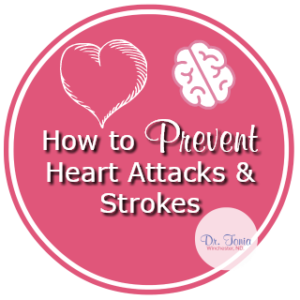 At a naturopathic conference at the end of April one of my favorite speakers presented on women’s health. Dr. Jonathan Wright is a medical doctor practicing functional medicine (aka naturopathic medicine). He is a very entertaining man, and always full of incredibly relevant data and insights.
At a naturopathic conference at the end of April one of my favorite speakers presented on women’s health. Dr. Jonathan Wright is a medical doctor practicing functional medicine (aka naturopathic medicine). He is a very entertaining man, and always full of incredibly relevant data and insights.
He spent several minutes talking about how women can prevent heart attacks and strokes. To catch you up, a menstruating women has a lower risk of heart disease than men. Things that make you go “Hmmmm….”
Dr. Wright talked about a book called, The Origin of Atherosclerosis: What Really Initiates the Inflammatory Process by Drs. Kenneth Kensey and Young L. Cho. The authors describe how cholesterol is not the root cause of the problem.
I teach my patients about this all the time.
Think of cholesterol like a scab in the body. One of it’s jobs is to patch holes in blood vessels created by inflammation.
Inflammation is caused by all the things that fill up our buckets: stress, toxins, sugar, reactive foods, infections, etc.
Cholesterol isn’t the problem.
Blaming cholesterol on heart disease is like going to a fire (my heart and prayers going out to all the families and communities in BC right now) and blaming the firemen for the fire! They are just doing their job, trying to put out the fire. The same is true for cholesterol in the body. It’s just trying to contain the inflammation.
The inflammation results in thick or viscous blood. At certain branch points in the cardiovascular system the thick blood swirls and whirls creating oxidative damages (holes in blood vessels) causing cholesterol to accumulate there, building a scab or callus. The wider the branch point, the more cholesterol builds up. This part of the disease process is actually physics, not biochemistry.
As long as the source of the inflammation is not removed, this continues until there is a complete block in the artery resulting in a heart attack or stroke where parts of heart or brain, respectively, are deprived of oxygen.
And as mentioned, this is more likely to occur in men until menopause, when the risk in women is just as high, if not higher. I’ve had two female patients this year in their 60s have heart attacks.
What can we do about this?
The answer is simple, accessible, and kind.
The difference between the sexes before menopause is the monthly bleed. Each time a woman has her period she decreases the thickness or viscosity of her blood. Thinner blood means less turbulence at those branch points, less damage, less need for the cholesterol scab, less blockage, less fatal or devastating cardiovascular events, more time with loved ones doing what lights you up. That’s quite the chain of events. Dr. Wright even commented that this serves a social purpose of allowing women to survive until their children are grown (of course considering this cause of death only.)
When women stop menstruating the blood gets thicker, and the preventative chain is no longer in place.
Menopausal women should donate blood regularly. Menstruating women don’t have to because they are essentially donating blood through their monthly period. Men of all ages should do so as well.
Two long terms studies** showed a 45-88% risk reduction in blood donors compared to their non-blood donating counter parts. THAT IS MASSIVE!! There are very few interventions that will have that kind of impact.
I want to put this in perspective for you. Most people are put on statin medications after a heart attack. These meds block cholesterol production in the liver. But remember, it’s not the root cause of the problem. In addition to coming with life-altering side effects such as debilitating joint and muscle pain their relative risk reduction is ONLY 1-3%. Say with all your risk factors from your age, gender, family history, habits (smoking), lifestyle (food, alcohol), and stress your risk of having a heart attack is 15%. By taking the statin your risk is now 12-14%. With the blood donation it improves dramatically (beyond dramatically which my husband / editor doesn’t think is a thing).
Go. Donate. Blood.
Dr. Wright relayed a conversation he had with a female executive at a Seattle blood bank. He said, “Are you aware of the studies that show a decrease in risk in cardiovascular events of 45-88%?” She had. He continued, “Why don’t you promote that in your advertisements. Say, ‘Hey! You can reduce your risk of heart attack and stoke, if you donate blood, so make your appointment today’?” She said in response, “We we only want people to donate blood for altruistic reasons.” Blink. Blink.
After the room full of docs calmed down Dr. Wright said, “There are not enough middle fingers in the world!”
Anyhoo… so tell your moms, your grandmoms, your aunts and friends (female or male) to donate blood. It’s a win win. You get to be altruistic AND be practicing preventative medicine. The need for blood is greater than you can imagine.
Head to the Canadian Blood Services website to make your appointment.
Here’s to your health, thriving, delightful life!
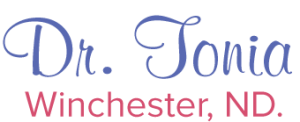
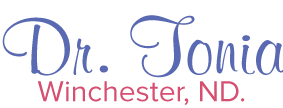
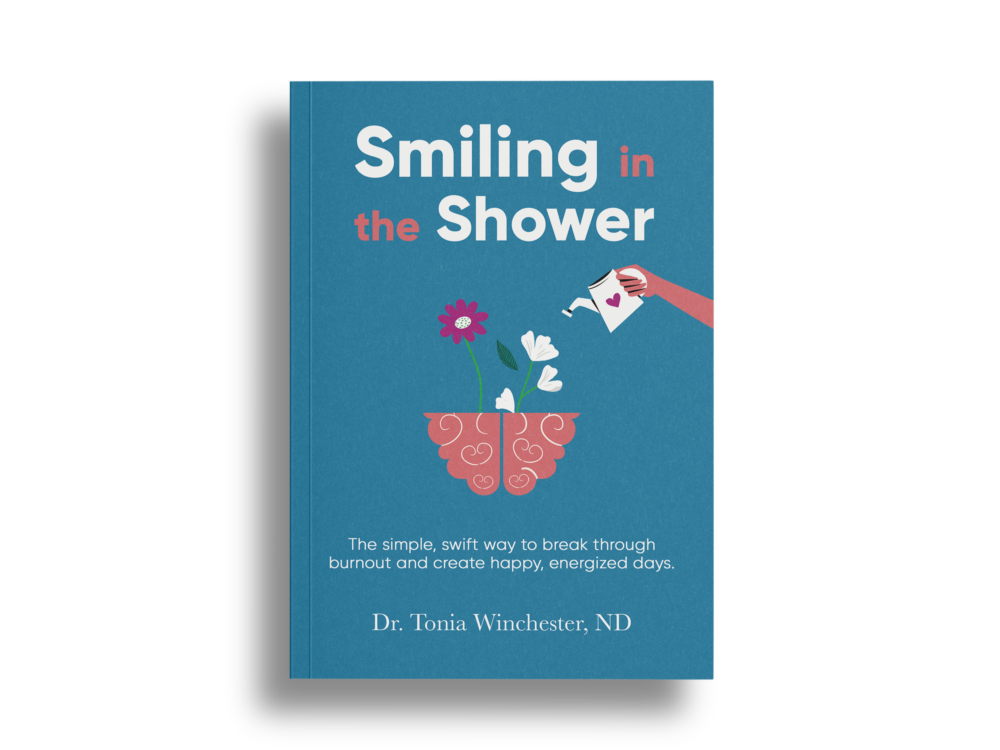





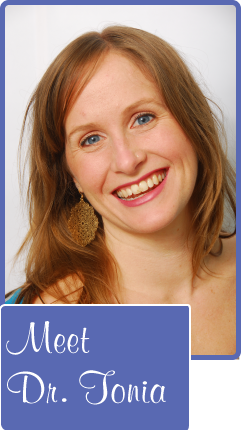
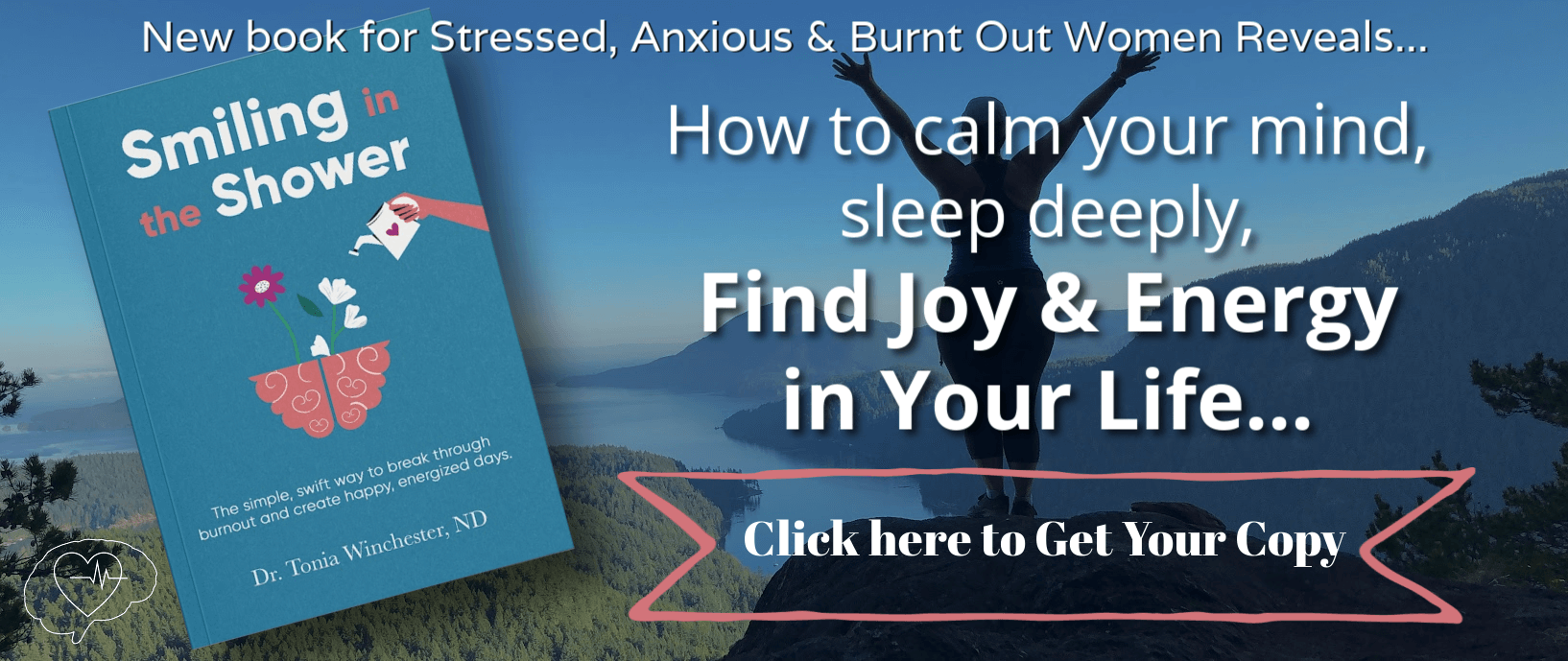
Thank you so very much for this important information, Dr. Tonia. I had not known, and am delighted to have shared this on FB. What a great way to help your world and to help yourself.